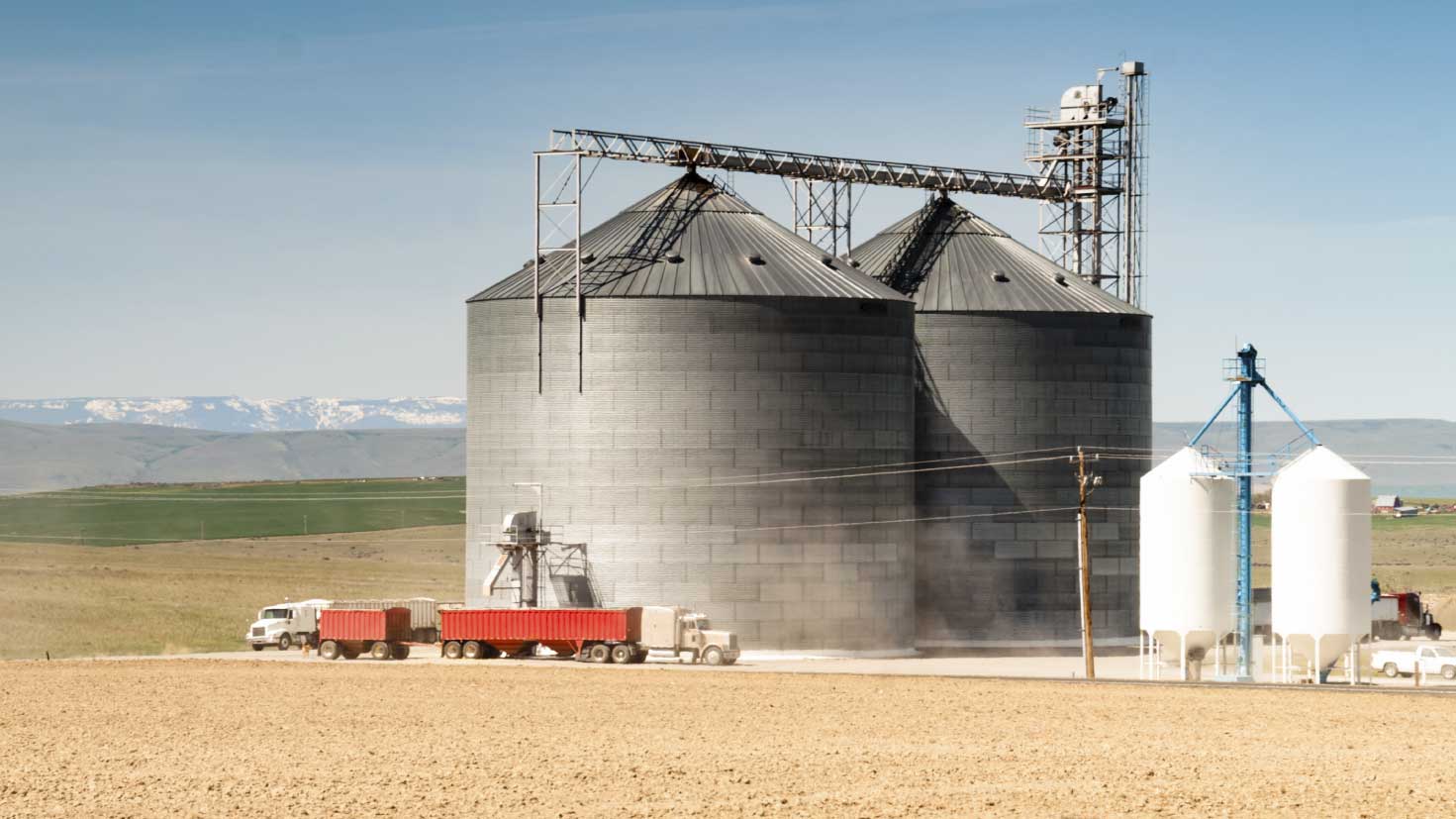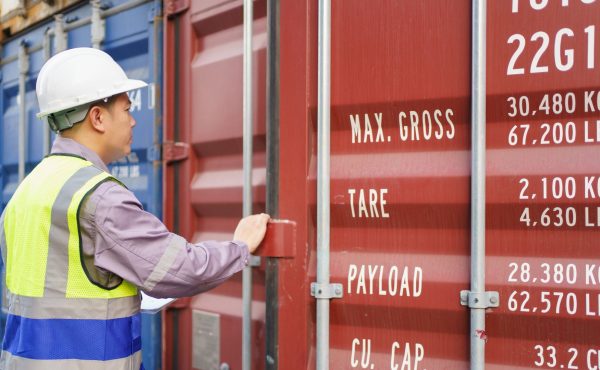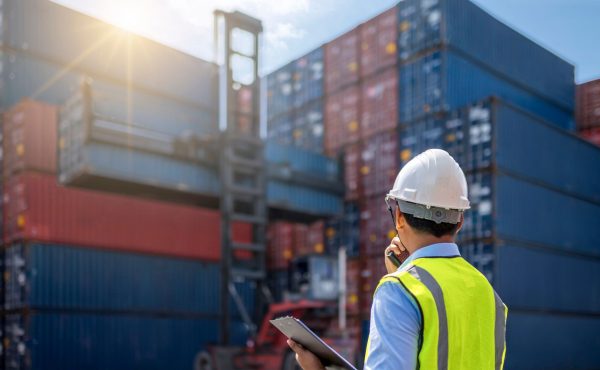The importance of the food safety registry for transporting food
One of the most important aspects of the food sector is its transport. Poor execution in the transport of goods and products by land, sea or air can pose a problem for consumers. For example, breaking the cold chain in the transport of a product that requires certain humidity and temperature conditions can lead to food poisoning.
Therefore, we must not underestimate the importance of having a safety registry for the transport of food. The complexity of food imports and exports requires specific preservation requirements to ensure the quality and safety of food for human consumption. In this context, registering with the General Food and Food Businesses Safety Registry (RGSEAA) is an essential pillar for the import and export of these products.
Registration provides a number of crucial benefits that have a direct impact on the efficiency and safety of the logistical process, as well as on the protection of public health and food quality. These are some of the key aspects:
- Regulatory compliance: The safety registry is a certification that ensures compliance with current regulations on food safety and quality. This guarantees that the food that is imported or exported meets the required standards, which in turn avoids legal problems and sanctions.
- Protection and quality: Registering with this body involves an exhaustive verification of the optimal state of the food and its suitability for commercialization. This ensures that the products being transported maintain their integrity and quality, which in turn protects the reputation of companies and the health of consumers.
- Agility in processes: Being registered with the safety registry speeds up customs and tariff control processes at the borders. This translates into reduced waiting times at entry and exit points, reducing delays and increasing transport efficiency.
- Facilitates entry into external markets: Customs and import controls are complex and strict. Sanitary registration acts as a passport to overcome these barriers, allowing faster and safer entry of products into international markets.
- Risk reduction: Food handling involves potential health risks for consumers. Sanitary registration helps to mitigate these risks by ensuring that products meet established health and quality standards.
Spanish and European legislation on food safety
In Europe, the European Commission has established solid legislation on food safety and hygiene through regulations such as Regulation (EC) No 852/2004, 853/2004 and 854/2004. This legislation aims to guarantee food safety from production to final consumption.
In Spain, the Spanish Agency for Food Safety and Nutrition (AESAN) supervises and controls the food market to ensure compliance with current legislation and the protection of public health. In the case of non-compliance or risks, the agency issues warnings and safety measures. On the website you can find a search engine of registered companies.

How to access the Food Safety Registry
If you transport food nationally and internationally, contact Logisber now and we will inform you about how to obtain the sanitary registration for your shipments. Transporting food products safely protects people in particular, society as a whole, while strengthening the reputation of food brands. you with more information.
Categorías
Compartir









